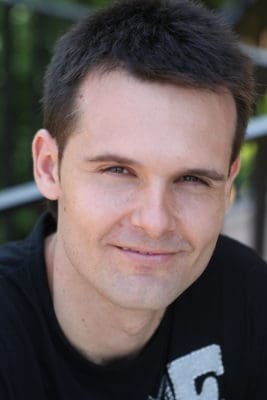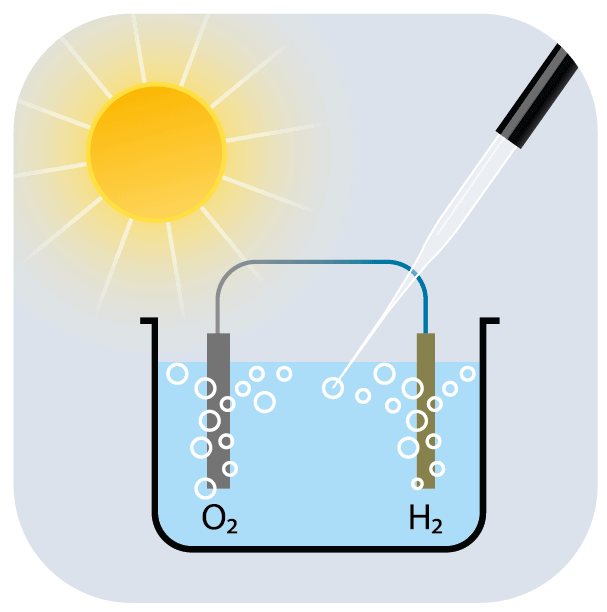
Expert Webinar: Tunable Surface-Functionalized Nanomaterials for the Production of Solar Fuels
The webinar will be held online via Teams. Check out the description and sign up via the form below.
What you can look forward to:
Dr. Xavier Sala will share his research into tunable surface-functionalized nanocatalysts. The goal is to speed up the redox half-reactions involved in artificial photosynthesis, namely oxygen evolution, CO2 reduction and hydrogen evolution reactions (OER, CO2RR and HER, respectively). Further details in the abstract below.
Who should participate?
If you have an interest in hydrogen measurements, and water splitting, then this webinar is for you. Dr. Xavier Sala will present his research and experiments, so you do not require previous microsensor experience.

When and where is the webinar?
The webinar will be held online via Teams on Tuesday 24 May at 3 pm (CET). If you sign up, we will send you a calendar invite with the meeting link around a week before the event.
Will the webinar be recorded?
Yes, we will record the webinar and make the recording available to everyone who signs up.
Abstract
To date 80% of worldwide energy is derived from fossil fuels, which is unsustainable in the mid-long term. Solar fuels are promising candidates for replacing fossil fuels as energy sources. However, its renewable and clean generation is still a great challenge. A particularly attractive solution is artificial photosynthesis, which follows the blueprint of the photosynthetic processes found in plants or phototrophic microorganisms in which carbohydrates are made from H2O and CO2 using solar energy. Various reactions are under study, including water splitting, where water is converted into hydrogen fuel and oxygen, and CO2 reduction, where CO2 and electrons are converted into carbon-based fuels (e.g. CH4, CH3OH, etc.) and/or useful chemical feedstocks (e.g. CO, ethylene, etc.). However, the practical development of these technologies is still hampered by the lack of selective, cost-efficient catalysts able to speed up the redox half-reactions involved, namely oxygen evolution, CO2 reduction and hydrogen evolution reactions (OER, CO2RR and HER, respectively).

Both molecular and metal/metal-oxide species are plausible candidates for efficiently catalyze these processes. If durability and the attainment of high current densities are the main challenge for molecular HER/OER/CO2RR catalysts, slow reaction rates are common when their counterparts at the nanoscale are employed. Furthermore, the reduced mechanistic knowledge and lack of well-controlled synthetic strategies to fine-tune these species prevents the rational development of more selective nanocatalysts for these transformations.
This webinar deals with the work carried out in our laboratories to unravel the key factors able to change these last general trends by means of tunable surface-functionalized nanocatalysts (see Figure 1 for an example in HER). This strategy allowed obtaining stable and efficient OER (photo)catalysts based on 1st-row transition metal oxide species, fast and rugged Ru-based (photo)cathodes superior to state-of-the-art Pt/C for HER (Figure 1), and selective photocatalyst for the CO2RR.
